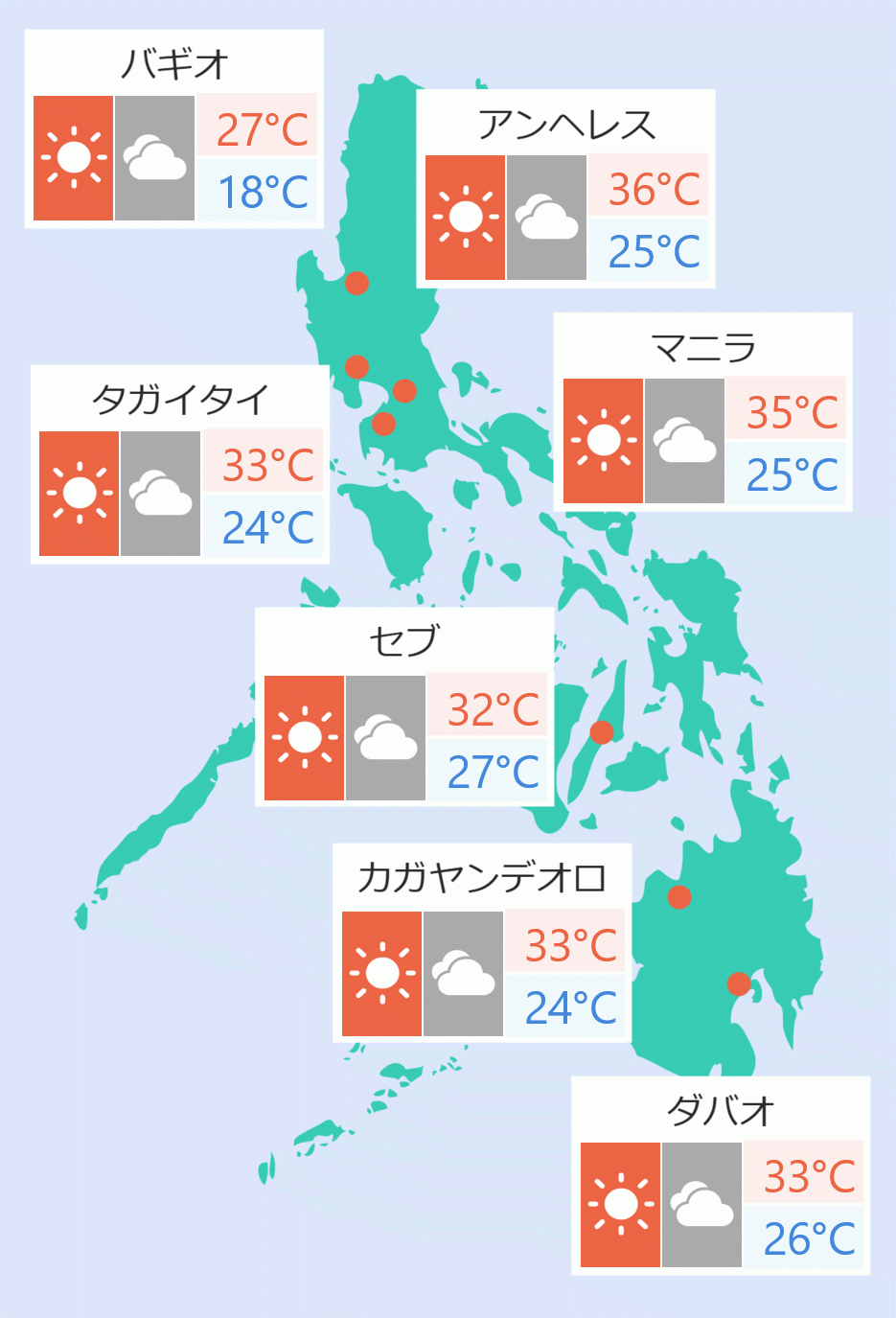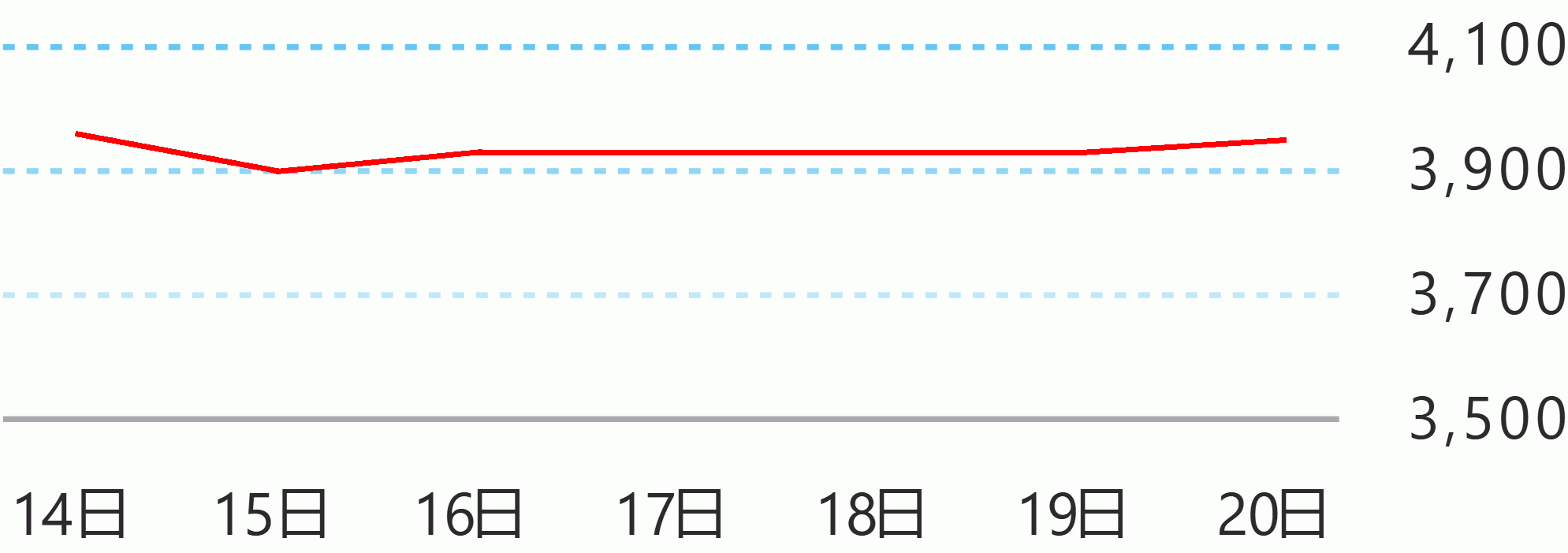The Department of the Interior and Local Government (DILG) Thursday directed local government units (LGUs) in Metro Manila and the National Capital Region Police Office (NCRPO) to intensify the enforcement of minimum public health standards (MPHS) as part of the implementation of the new COVID-19 Alert Level System September 16.
“With the shift to a new alert level system in Metro Manila, the most basic of rules have not changed. We still have to ensure that the people observe MPHS like frequent washing of hands, wearing of face mask and face shield, and physical distancing in order to prevent the further transmission of the virus,” said DILG Secretary Eduardo Año.
Under the new guidelines issued by the Inter-Agency Task Force for the Management of Emerging Infectious Diseases (IATF-MEID), the new quarantine classifications that will be piloted or tested in Metro Manila will have five Alert Levels that would allow most activities except those classified as closed, crowded and close contact.
He said that the LGUs and the NCRPO should reactivate their Task Force Disiplina, Barangay Disiplina brigades, force multipliers and police marshalls to stop activities that are part of the 3Cs.
“While we have allowed many activities to happen under the new Alert Level System, social events like parties, wedding receptions, debuts, birthday and other parties, family reunions, parades, motorcades and gathering at private residences with any person outside of one’s immediate household are not allowed under Alert Level 4,” he said.
Año called on all barangay captains and chiefs of police to strictly monitor all activities within their areas of jurisdiction to ensure compliance with the new guidelines. Those who will not proactively implement the new regulations will be sanctioned for dereliction of duty.
The rest of the country will still continue under the old Community Quarantine Classifications.
The vaccination rate in NCR has dramatically improved. As of September 13, 8.4 million individuals or 86.55 percent of the eligible population in Metro Manila have at least one dose and 6 Million individuals or 61.38 percent of the eligible population in Metro Manila have had 2 doses and are fully protected.
DOH has announced that Metro Manila will be placed under Alert Level 4 which means that case counts are high and/or increasing, with total bed utilization rate and intensive care unit utilization rate are high.
In Alert Level 4, outdoor or alfresco dine-in services in restaurants and eateries, outdoor personal care services, and outdoor religious services are allowed to operate at 30 percent capacity, while indoor services may be allowed at 10 percent capacity for fully vaccinated individuals only.
Gatherings for necrological services, wakes, inurnment, funerals for those who died of causes other than COVID-19 shall be limited to immediate family members. Government offices will operate on a 20 percent on-site capacity with the implementation of work-from-home and other flexible work arrangement schemes.
Under IATF guidelines, the Alert Level System in the pilot areas will be determined weekly by the Department of Health with the help of the Sub-Technical Working Group on Analytical Data.
The DILG chief said that along with the Alert Level System, granular lockdowns will also be implemented for areas identified as "critical zones" by the LGU, which may be declared regardless of Alert Level.
He said that the authority to impose granular lockdown shall be given to city and municipal mayors with respect to their component barangays subject to the concurrence of the Regional Inter-Agency Task Force (RIATF).
Año added that granular lockdowns may be imposed on individual houses where one household member has been confirmed, residential buildings, streets, blocks, puroks, subdivisions, and/or villages.





 English
English










